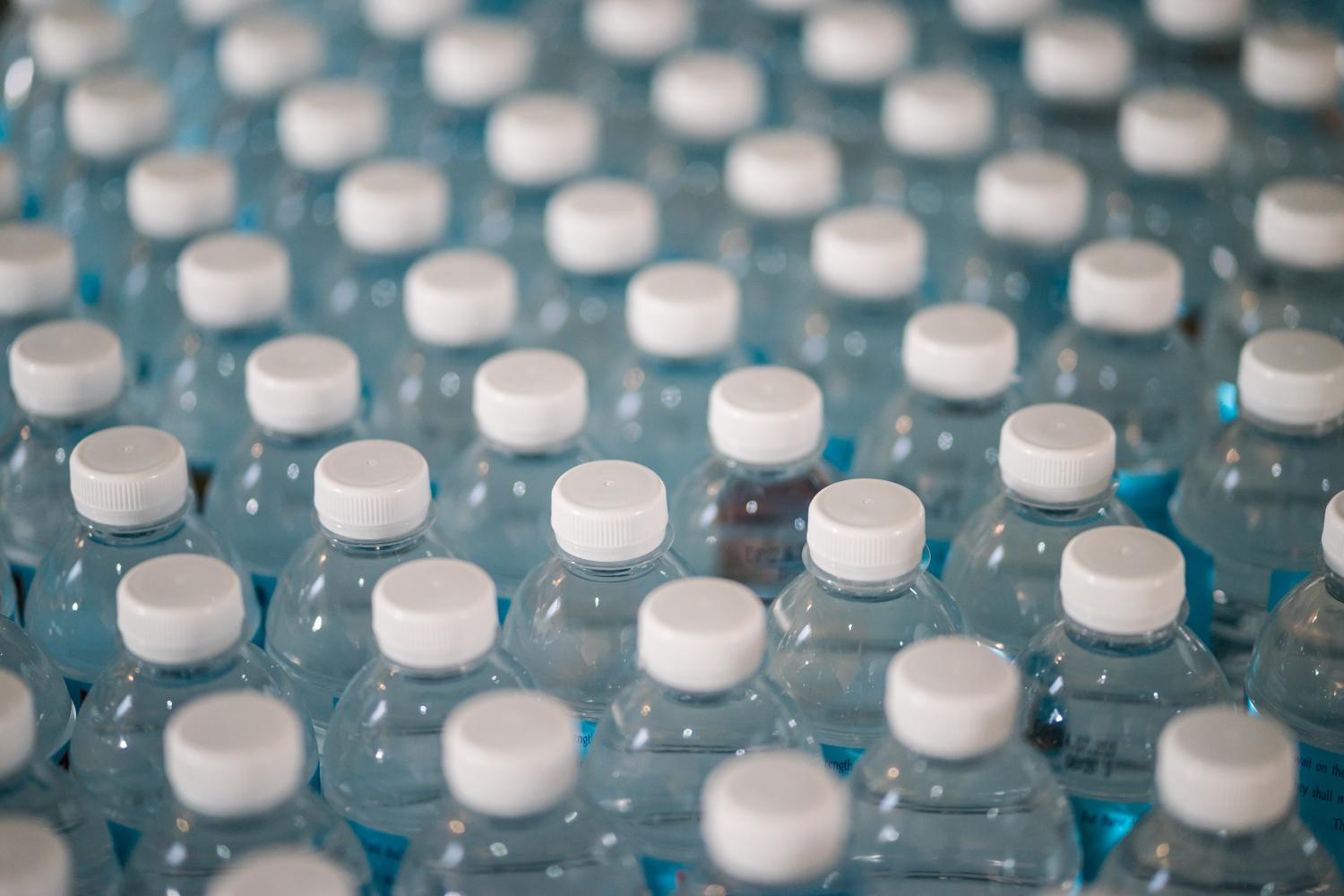
At a time when many companies have set goals that include boosting plastic recycling by 2025, Carbios may have established itself as a key player in the circular economy.
Carbios, a French biotechnology company, is helping to revolutionize plastic recycling. PET (polyethylene terephthalate) plastic, one of the most widely-used packaging materials in the world, apparently can now be broken down at accelerated rates using Carbios’ specialized enzyme technology.
Carbios says it has successfully produced the first PET bottle made with 100 percent post-consumer recycled plastic waste, using a purely biological process. At a time when many corporations have set sustainability goals that include boosting plastic recycling by 2025, Carbios has potentially established itself as a key player in the circular economy.
Breaking down post-consumer PET plastic takes substantial resources for three reasons:
-
PET has a high molecular weight—which is considered good for packaging because it provides strength and stiffness.
-
Another feature of PET is high purity, meaning it’s difficult to break down this type of plastic into its original starting materials.
-
Any food or liquid with acetic acid held within PET packaging compromises the recyclability of the plastic (e.g., products including soda, juice, vinegar, pickled vegetables, fruits, processed grains and cleaning agents).
Efforts to recycle PET aren’t new; the first post-consumer PET bottle was recycled in 1977. Yet the resources needed to recycle PET have been burdensome until Carbios’ latest enzyme technology introduced what could very well become a far more scalable solution.
Why optimizing PET recycling Is significant
Forbes dove into the topic not long ago when it was reported that globally humans buy a million plastic bottles per minute (most often made from PET); and, 91 percent of all plastic is not recycled. Most plastic is accumulating in landfills or as environmental litter and takes hundreds of years to degrade.
The issues associated with the alarming amount of plastic accumulating around the world are not unknown. Carbios’ technological advancement in “biorecycling” is significant as this comes at a time when many large companies are committing to sustainable practices and adopting recycled plastics.
Walmart is one example of a corporation recently setting new plastic waste reduction commitments by increasing plastic packaging circularity. These latest commitments could impact over 30,000 SKUs within Walmart and Sam’s Club’s private labels program. The company is even encouraging other brand suppliers to create similar sustainability-focused targets.
Another example is SC Johnson committing to further reduce its plastic footprint by boosting recycled plastic content in its packaging. Fisk Johnson, Chairman and CEO of SC Johnson, said, “We hope [our efforts] they inspire other companies to take similar steps toward a circular plastic economy, because the planet simply cannot sustain the status quo.”
What Carbios’ breakthrough gives corporations like Walmart and SC Johnson, along with packaging suppliers and many other companies, is a time-saving and cost-effective solution for achieving 100 percent recyclable plastic packaging. This PET recycling technology can make the process easier for companies to reduce plastic waste and close the loop on plastic packaging.
Image credit: Jonathan Chng/Unsplash

Based in Michigan, Sarah is passionate about sustainability, storytelling and bringing to light sustainability principles that can be threaded into business strategies and communications. Formerly an editor for CSRwire and freelance writer for many organizations forwarding the principles of corporate social responsibility and circularity, she is excited to be a contributor to TriplePundit. Connect with Sarah on LinkedIn and Twitter.














